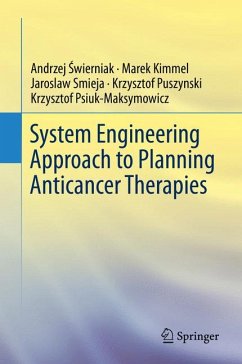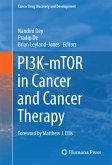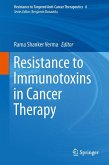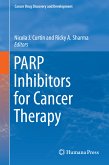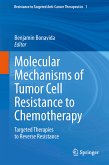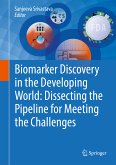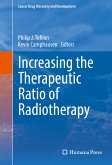The book begins with an analysis of cell cycle control, moving on to control effects on cell population and structured models and finally the signaling pathways involved in carcinogenesis and their influence on therapy outcome. It also discusses the incorporation of intracellular processes using signaling pathway models, since the successful treatment of cancer based on analysis of intracellular processes, might soon be a reality. It brings together various aspects of modeling anticancer therapies, which until now have been distributed over a wide range of literature. Written for researchers and graduate students interested in the use of mathematical and engineering tools in biomedicine with special emphasis on applications in cancer diagnosis and treatment, this self-contained book can be easily understood with only a minimal basic knowledge of control and system engineering methods as well as the biology of cancer. Its interdisciplinary character and the authors' extensive experience in cooperating with clinicians and biologists make it interesting reading for researchers from control and system engineering looking for applications of their knowledge. Systems and molecular biologists as well as clinicians will also find new inspiration for their research.
Dieser Download kann aus rechtlichen Gründen nur mit Rechnungsadresse in A, B, BG, CY, CZ, D, DK, EW, E, FIN, F, GR, HR, H, IRL, I, LT, L, LR, M, NL, PL, P, R, S, SLO, SK ausgeliefert werden.
Hinweis: Dieser Artikel kann nur an eine deutsche Lieferadresse ausgeliefert werden.

